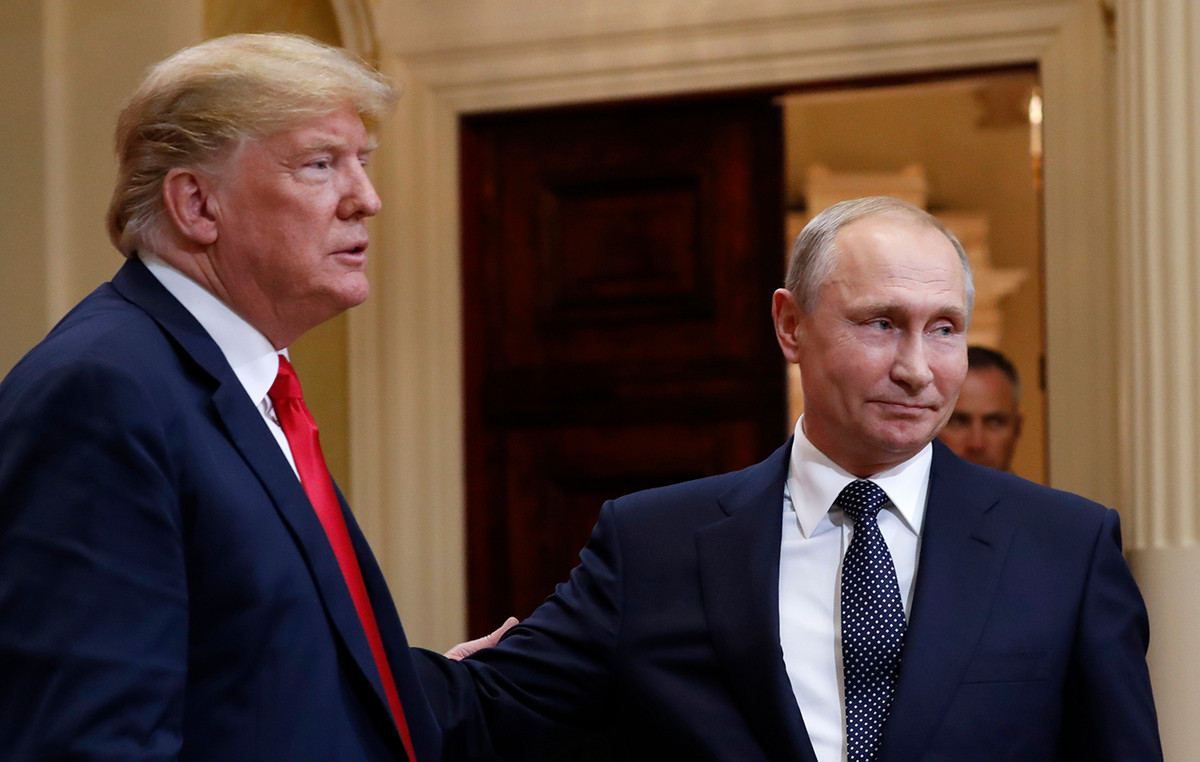LAST UPDATE: 11.30
Oil continues its upward rally to $ 127 a barrel as US President Joe Biden announced yesterday that the United States would ban imports of Russian crude, escalating efforts to hamper the country’s economy while pushing even harder for energy markets.
West Texas Intermediate for April delivery rose 2.4% to $ 126.72 a barrel in New York and Brent for May delivery rose 2.8% to $ 131.54 a barrel.
Futures contracts in New York have jumped more than 35% since Russia’s invasion of Ukraine almost two weeks ago, reaching their highest level since 2008 on Tuesday.
The UK has also said it will phase out crude imports from Russia by the end of the year, with Shell Plc and BP Plc shutting down new markets, but other European countries are reluctant to commit to similar action.
The invasion has shaken markets for goods ranging from metals to grain, and has sparked concerns that the global economy is heading for a shock as countries recover from the coronavirus pandemic.
Banks and traders are forecasting even higher crude prices and already tight energy markets are being pushed.
Russia is a key part of the OPEC + alliance and a major producer of crude and petroleum products such as diesel.
Rising sanctions in the country are creating fears for supply, with fuel prices soaring as oil prices soar.
Oil imports from Russia accounted for 3% of crude shipments to the United States last year.
When other petroleum products are included, Russia accounts for about 8% of oil imports.
“Europe is not following the example of the United States, simply because it can not yet. , says an analyst at Oanda Asia Pacific.
“Dive” 18% for natural gas
Gas futures in Europe fell by about 18% on Wednesday morning, in the wake of the announcement of Joe Biden says he is banning the import of Russian oil to the United Statesin the context of Western sanctions against Moscow for its invasion of Ukraine.
Thus, the European gas contract at the Amsterdam junction (TTF) loses 18.4% and its price is set to 175.02 euros the megawatt hour.
The European Union will reduce its imports of Russian gas to Europe by 100 billion cubic meters by the end of the year, as Commission Vice President F. Timmermans and Energy Commissioner K. Simpson announced on Tuesday.
“It’s difficult but it is possible if we want to move faster than ever before to decoupling from Russian gas,” Timmermans said, adding that Russian gas imports would be cut by about two-thirds.
About 60 billion cubic meters will come from LNG imports, while the rest of the reduction will come from biogas, hydrogen, Renewable Energy and energy savings.
Source: Capital
I am Sophia william, author of World Stock Market. I have a degree in journalism from the University of Missouri and I have worked as a reporter for several news websites. I have a passion for writing and informing people about the latest news and events happening in the world. I strive to be accurate and unbiased in my reporting, and I hope to provide readers with valuable information that they can use to make informed decisions.







